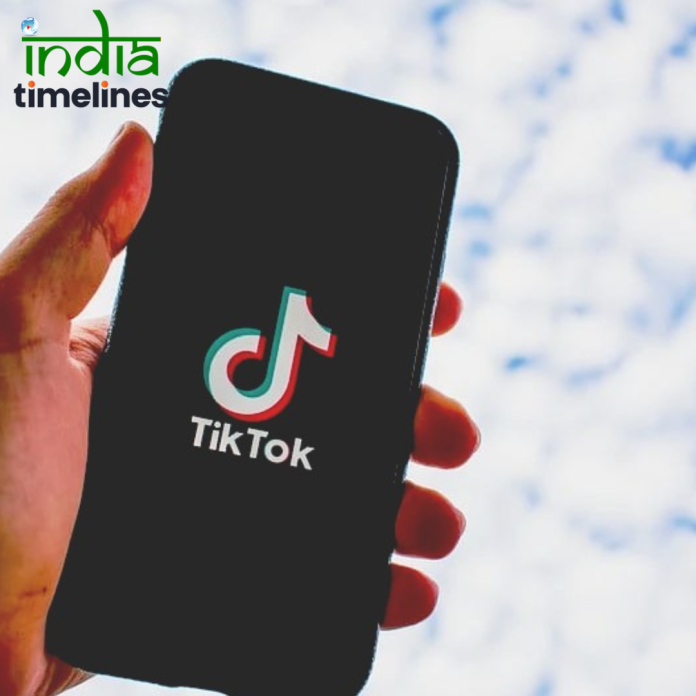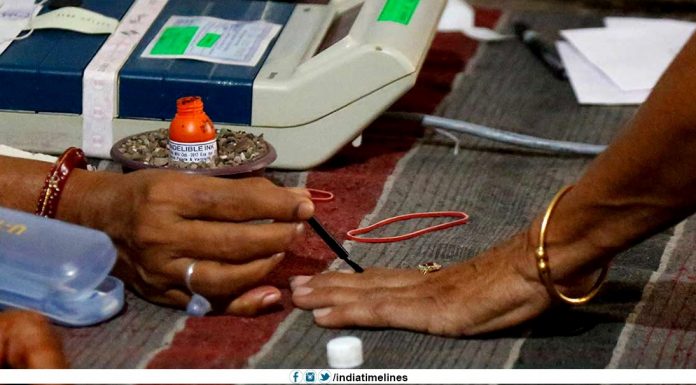
TikTok, the popular short-form video sharing platform, has taken legal action against the United States government in an effort to block a law that could potentially lead to the banning of the app in the country. The lawsuit represents the latest development in a long-standing battle between TikTok and US authorities over national security concerns and data privacy issues.
Background
The legal dispute between TikTok and the US government stems from concerns raised by American lawmakers and regulators regarding the app’s ties to China and its handling of user data. In 2020, former President Donald Trump issued executive orders seeking to ban TikTok from operating in the US, citing national security threats posed by its Chinese parent company, ByteDance.
The Proposed Law
The law in question, known as the National Defense Authorization Act (NDAA), includes provisions that would effectively ban federal employees from using TikTok on government-issued devices. The NDAA, which sets policy and funding priorities for the US Department of Defense, contains measures aimed at enhancing national security and safeguarding sensitive information.
TikTok’s Response
In response to the proposed law, TikTok filed a lawsuit against the US government, arguing that the NDAA’s provisions violate the company’s First Amendment rights to free speech and due process. TikTok also contends that the government’s actions are politically motivated and unfairly target the app based on its Chinese ownership.
Key Arguments
TikTok’s lawsuit raises several key arguments in defense of its position:
- First Amendment Rights: TikTok asserts that the NDAA’s restrictions on government employees’ use of the app constitute a form of censorship and infringe upon their freedom of expression. By singling out TikTok for disparate treatment, the government is allegedly engaging in viewpoint discrimination and suppressing speech based on political considerations.
- Due Process Concerns: TikTok argues that the government’s actions lack sufficient justification and procedural fairness, depriving the company of its right to due process under the law. The NDAA’s provisions targeting TikTok are allegedly arbitrary and discriminatory, failing to meet the legal standards required to justify their implementation.
- Political Motivations: TikTok alleges that the government’s efforts to ban the app are driven by political considerations rather than legitimate national security concerns. The company accuses US authorities of unfairly targeting TikTok due to its Chinese ownership, while turning a blind eye to similar data privacy issues and security risks posed by other technology companies.
Implications
The outcome of TikTok’s lawsuit against the US government could have significant implications for the future of the app’s operations in the country and the broader tech industry:
- Legal Precedent: The case could establish important legal precedents regarding the scope of government authority to regulate social media platforms and the protection of free speech rights in the digital age.
- Geopolitical Tensions: The dispute underscores the ongoing geopolitical tensions between the US and China, particularly in the realm of technology and cybersecurity. The outcome of the lawsuit may influence bilateral relations and shape future regulatory policies affecting Chinese-owned companies operating in the US.
- User Confidence: The legal battle could impact user confidence in TikTok’s commitment to privacy and data security. Uncertainty surrounding the app’s future in the US may lead some users to seek alternative platforms, potentially affecting TikTok’s user base and market share.
Conclusion
TikTok’s decision to sue the US government represents a bold and unprecedented move in the ongoing conflict between the app and US authorities. By challenging the proposed law on constitutional grounds, TikTok is seeking to protect its right to operate freely in the US market and defend itself against allegations of national security risks. As the legal proceedings unfold, the case will be closely watched by stakeholders across the tech industry and beyond, with far-reaching implications for the future of social media regulation and international relations.
FAQs
What is the National Defense Authorization Act (NDAA), and how does it relate to TikTok?
The NDAA is a US federal law that sets policy and funding priorities for the Department of Defense. It contains provisions that could effectively ban federal employees from using TikTok on government-issued devices due to national security concerns.
What are TikTok’s main arguments in its lawsuit against the US government?
TikTok’s lawsuit against the US government alleges violations of the company’s First Amendment rights to free speech and due process. The company contends that the NDAA’s provisions targeting TikTok are politically motivated and lack sufficient justification.
How could the outcome of the lawsuit impact TikTok’s operations in the US?
The outcome of the lawsuit could determine whether TikTok is allowed to continue operating in the US and, if so, under what conditions. A favorable ruling for TikTok could strengthen the app’s position in the US market, while an unfavorable outcome could lead to further restrictions or even a ban on its operations.
What broader implications does the lawsuit have for the tech industry and international relations?
The lawsuit highlights the complex interplay between technology, national security, and geopolitical tensions. The outcome of the case could set important legal precedents and shape future regulatory policies affecting social media platforms and Chinese-owned companies operating in the US.
What steps is TikTok taking to address concerns about data privacy and security?
TikTok has implemented various measures to enhance data privacy and security, including transparency reports, content moderation policies, and partnerships with third-party experts. The company is committed to addressing user concerns and complying with applicable laws and regulations

































